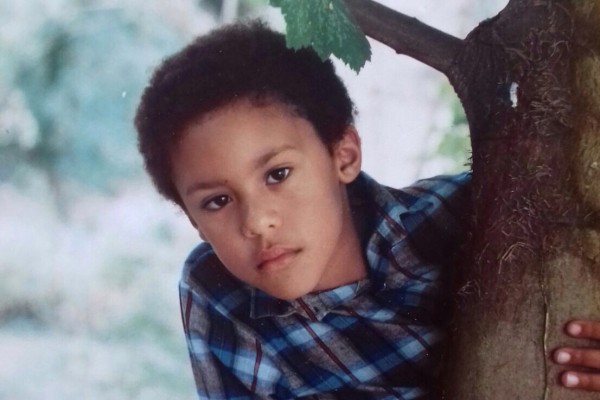To Sweeten BitterPosted in Autobiography, Books, Media Archive, Poetry, United Kingdom on 2017-12-26 02:16Z by Steven |
Out-Spoken Press
2017-04-10
49 pages
8.5 x 0.4 x 5.5 inches
ISBN-13: 978-0993103872
Consider the name of Raymond Antrobus’ extraordinary collection of poems for a moment: To Sweeten Bitter. It’s a phrase of infinite possibility and tender worry, open and searching, wanting and volatile. And in this sense, it serves as a kind of secret refrain for us, a haunted current that charges after each line and image, each heart-fraught question (“you think you’re going / to go free?”) and tentative hope (“there is always enough time / in our lives to see / what we must see”). Here, a father laughs “you cannot love sugar and hate your sweetness” and a son reckons with all that might mean “in the scratched light” of history and the “turning / and the losing of myself.” Derek Walcott once reflected that “I have never separated the writing of poetry from prayer;” these poems— in all their urgent beauty—affirm that faith, embody it. —R.A. Villanueva








